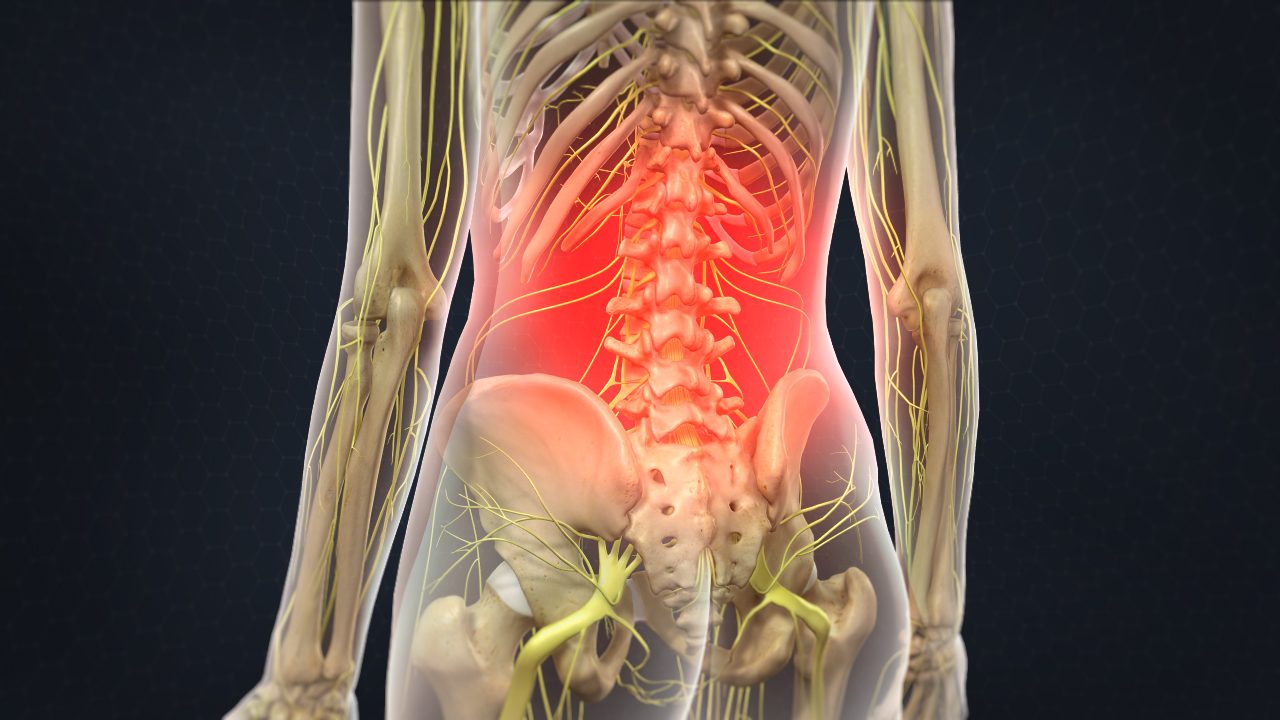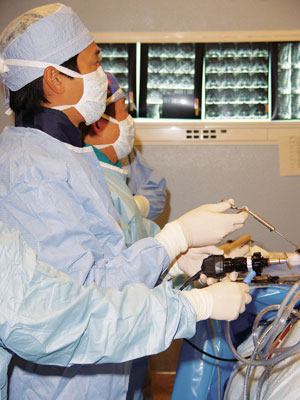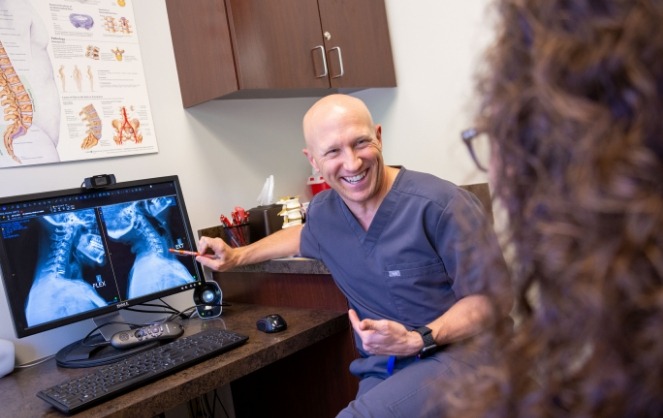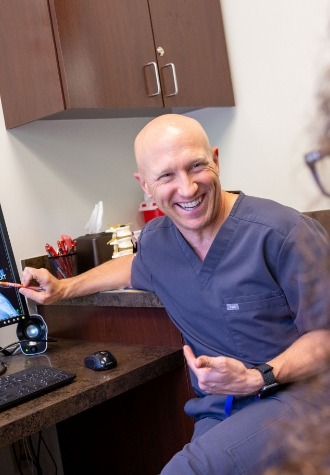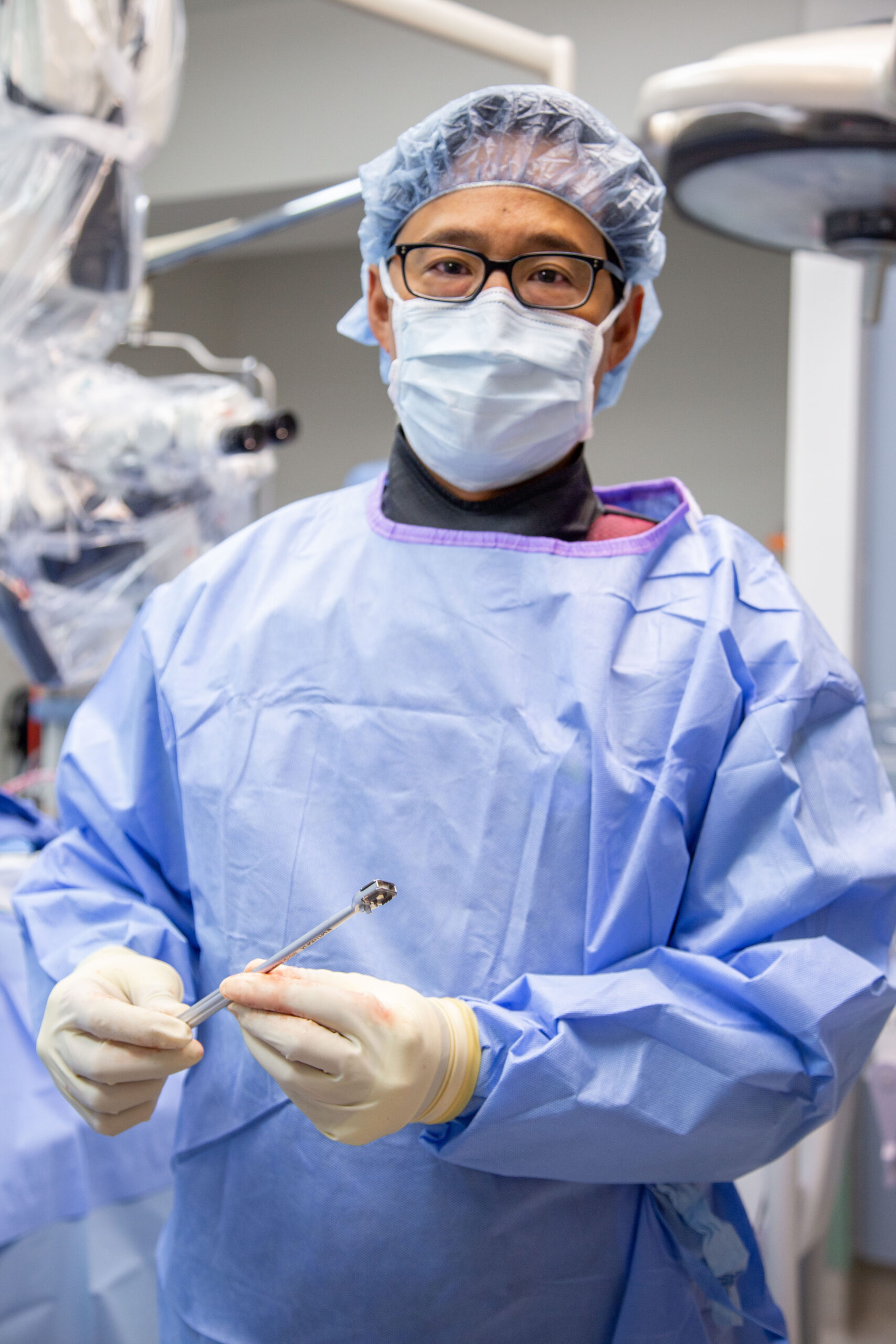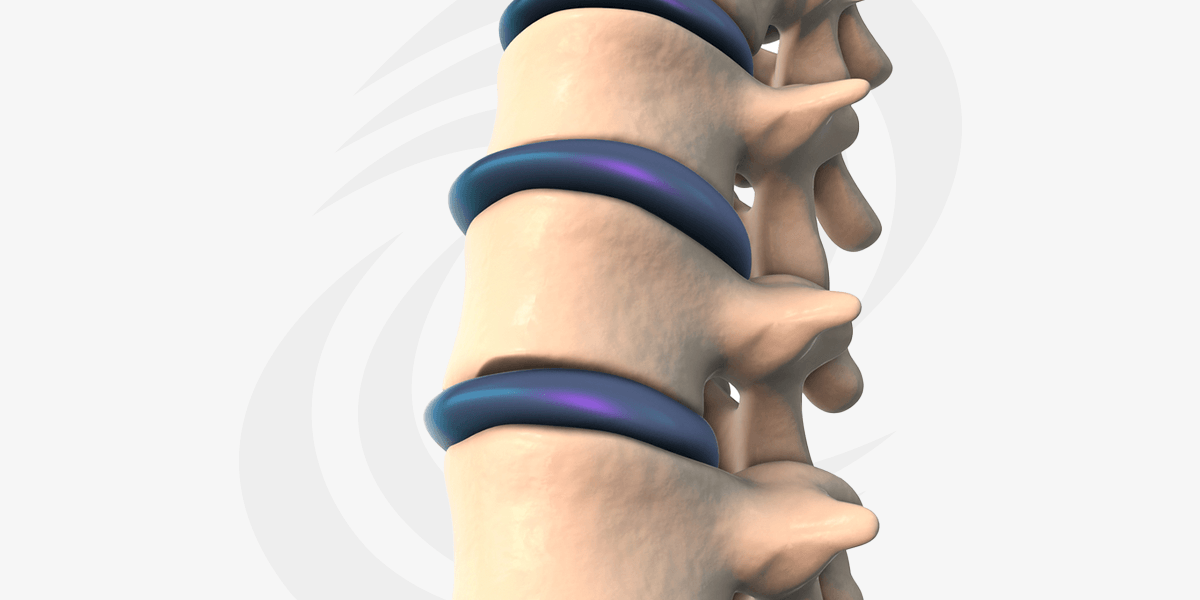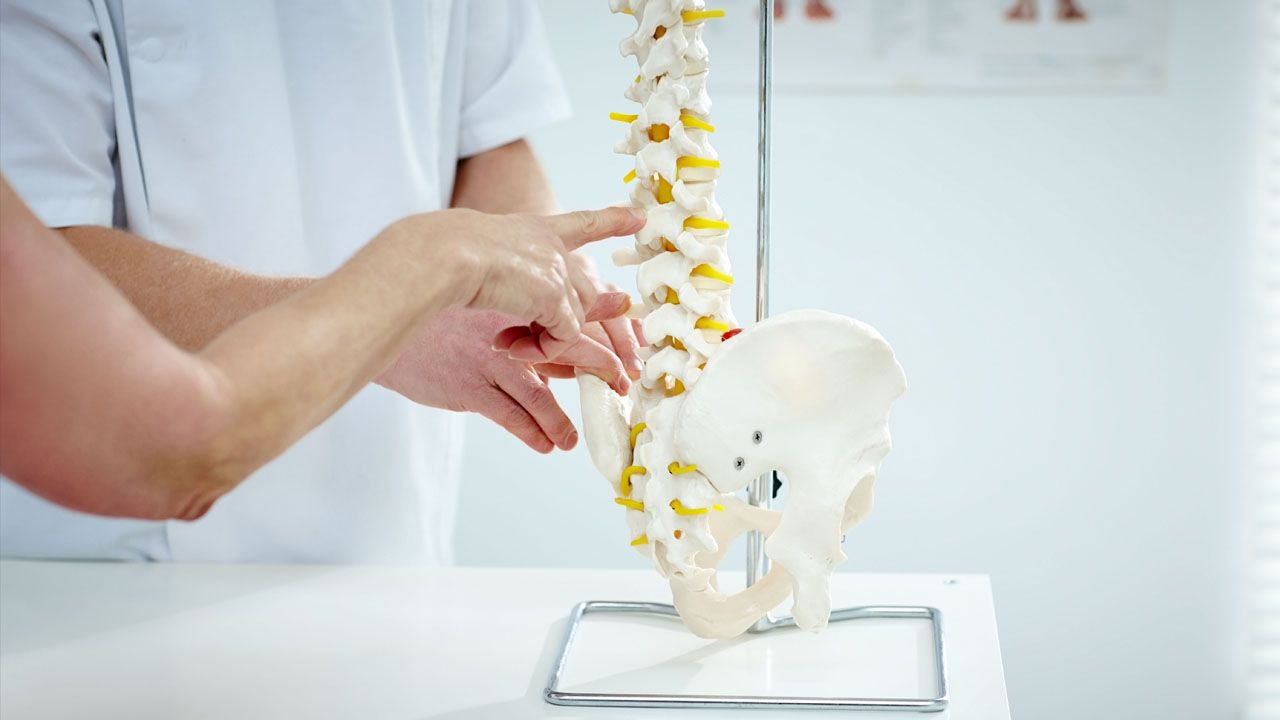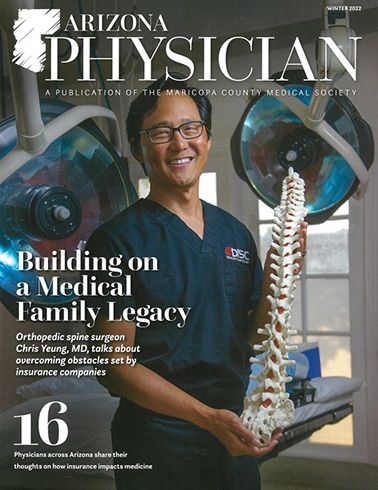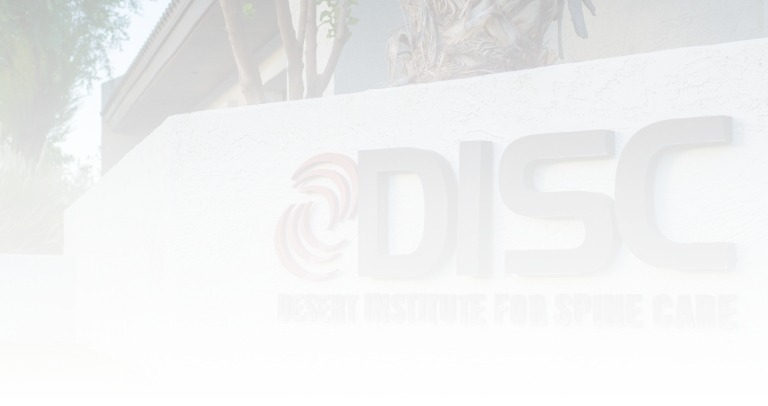Before surgery, a doctor will request preoperative testing to ensure proper qualifications are met. This testing will likely be in the form of a medical physical, involving blood work and other various tests to ensure your body can undergo anesthesia and surgery. Once cleared, the patient will need to ease off habits such as smoking and drinking, which could interfere with proper healing following surgery. It is also recommended to refrain from taking any NSAIDs like Aspirin or Advil for pain, as these can thin the blood and cause potential complications. The patient will be asked not to eat or drink anything after midnight the night before. Be sure to communicate with a surgeon about any allergies, medications or current health conditions that could affect the surgical outcomes.
